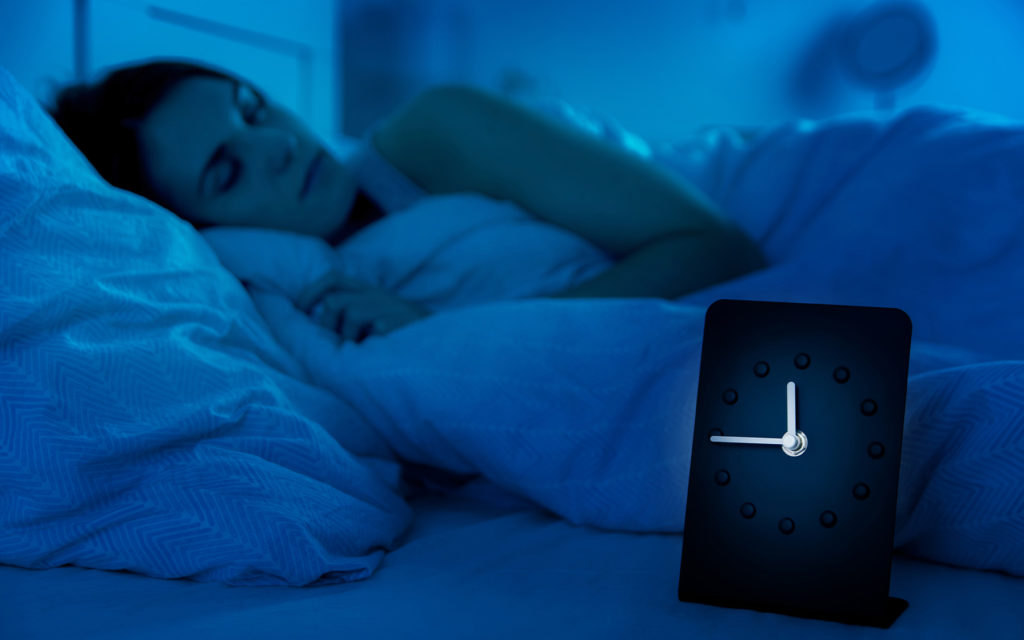
If you’re a woman and you’re craving more junk food, it could be PMS or may just be that you need to get more ZZZs. And if you think it’s OK that you’ve put on a few pounds because of it, think again. A study out of Columbia University Irvine Medical Center suggests that inadequate sleep and poor sleep quality may raise the risk of heart disease and obesity in women.
Research shows that individuals who don’t get adequate sleep are more likely to develop type 2 diabetes, heart disease, and obesity. The reason is partly due to diet. Previous research focused on specific foods such as fish, desserts and saturated fat or only looked at time asleep but not quality of sleep. It also notes that women are more likely to suffer disturbances in sleep throughout their life as they often bear the brunt of household responsibilities such as child rearing and caring for family, and later due to menopausal hormone shifts.
Results of the study aligned with previous results — women with the worst quality sleep ate more added sugars associated with diabetes and obesity. Higher calorie intake and body weight were also observed in women who took longer to get to sleep. Women with the most insomnia ate more food by weight and less unsaturated fats than those with milder insomnia.
The big question is how is poor sleep related to poor eating?
It’s believed poor sleep may impact hunger signals or suppress fullness signals, leading to overeating. The weight or volume of food consumed affects fullness. Women with insomnia may eat more in order to feel full.
In addition, poor diet may negatively impact sleep quality. Overeating causes gastrointestinal distress, which may make it more difficult to fall or stay asleep. Since poor diet and overeating can lead to obesity, a risk factor for heart disease.
The following suggestions may help improve sleep hygiene and reduce metabolic risk factors:
- Establish a normal bedtime and stick with it (even on weekends). Research shows that maintaining bedtime at the same time per night helps regulate circadian rhythms and eating patterns.
- Turn off all screens 3 hours before bed. This includes TV, tablet, cell phone, electronic readers, etc. Blue light suppresses melatonin production, which impacts sleep.
- Reduce caffeine. Consuming excess caffeine from coffee, colas, tea or chocolate may impact sleep and increase the risk of insomnia.
- Avoid eating late at night. Eating too late raises the risk of reflux, which can impact sleep. It may also lead to weight gain.
- Keep your room comfortably cool and dark. According to sleep.org, it may help to consider your bedroom a “cave.” Keep it between 60 to 77 degrees, cool, quiet, and dark.
DISCLAIMER: These statements have not been evaluated by the FDA. The information is for informational purposes and is not intended to treat, diagnose or cure any illness. Consult a physician before taking any action.
Want to contribute great content?
We are looking for contributors provide our readers with great healthy content to encourage positive living. If you're interested in becoming a contributor pease email us at blog@movitajuicebar.com



